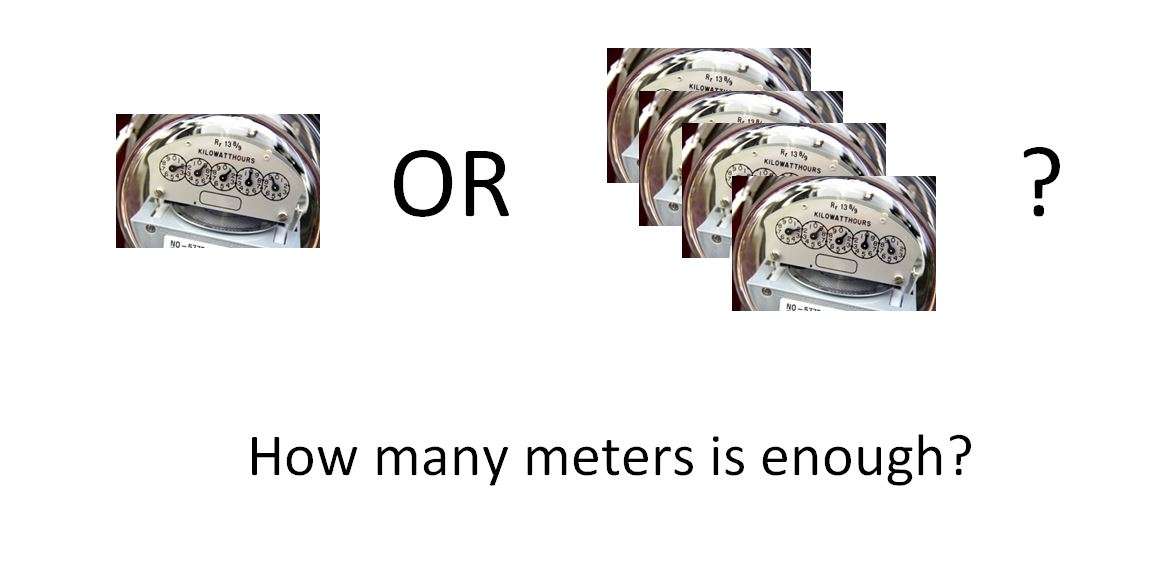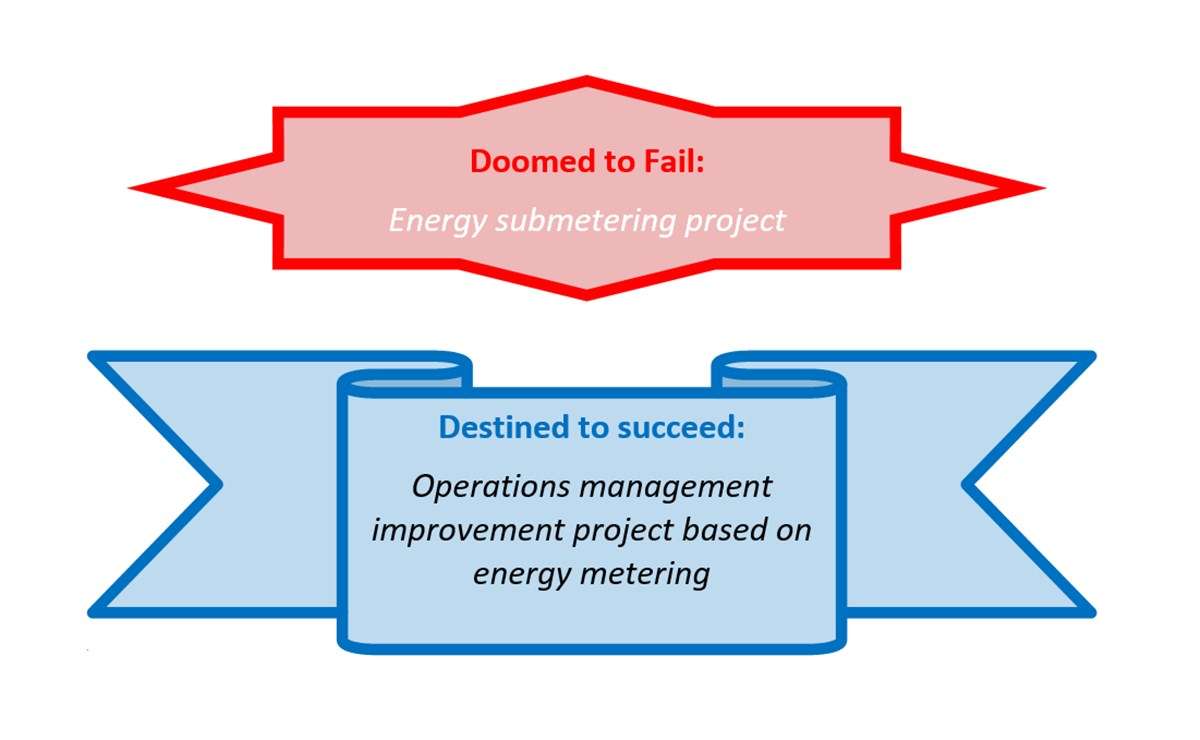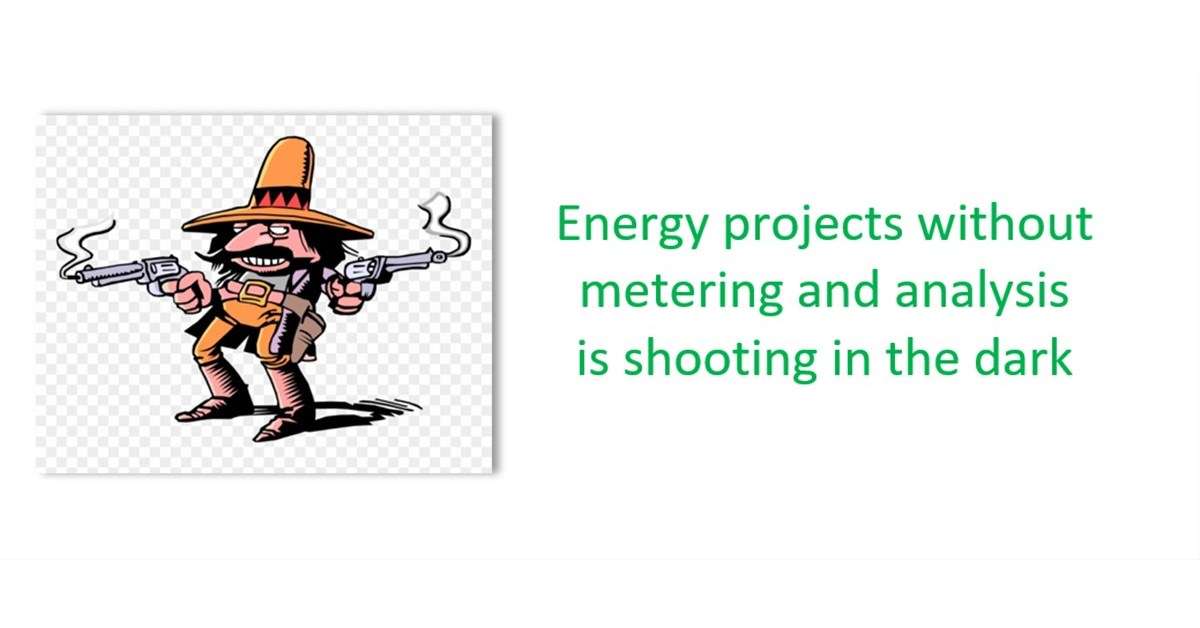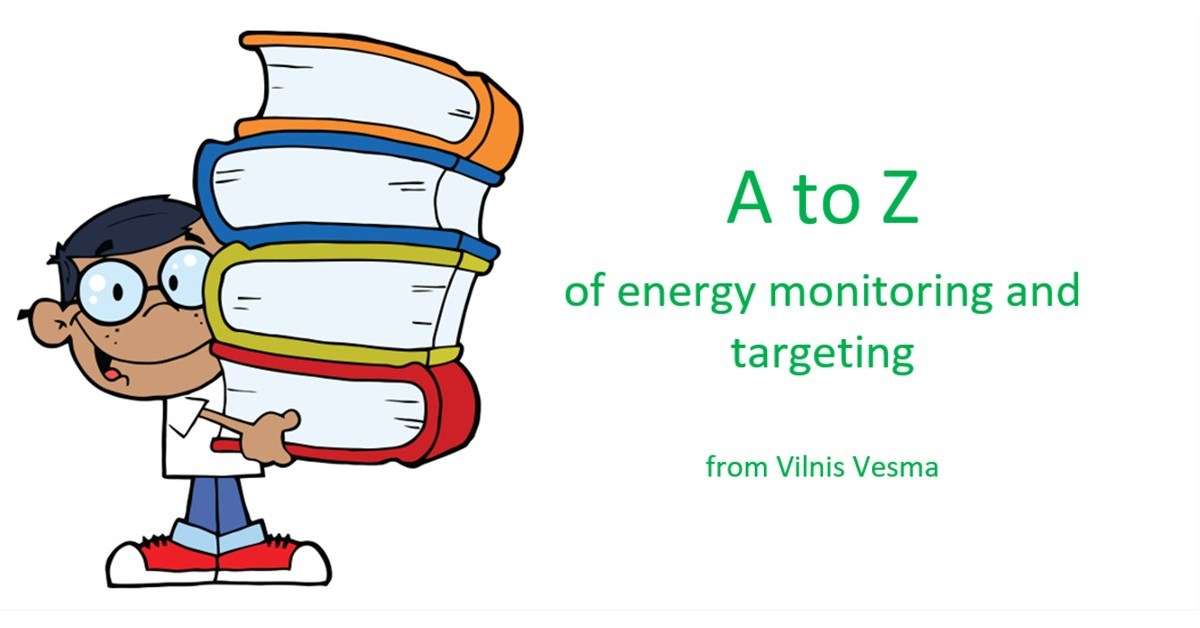More energy data is better, right? Data shows what’s happening, so we should have lots of it to manager machines, right? Not necessarily.
Although various meters are becoming cheaper by day, too many of them may hurt your business instead of helping to manage it. When driving, do you really need to know the exact tire pressure, oil temperature, rpms of your motor, compression in cylinders? Or you need to know that your car is OK, so that you could focus on driving?
Energy meter – a cost or a source of business value?
The same situation is with metering in industrial setting. Gathering more data always means more more meters to install, monitor, repair and maintain, which drives cost of maintenance up. Collected data has to be transferred to computer, stored properly, backed up regularly, which drives the cost maintenance up. All these costs not always mean more value for business. More value, however, may only come from more analysis if this analysis enables better decisions leading to better actions. If the chain of meter-data-analysis-decision-action is broken at any link, then the whole preceding part of the chain is just a cost. Increasing its size will only mean increasing this cost.
How much energy data is enough for your business?
The key to success of metering, imho, is in asking first: What action will result from collection-analysis-deciding process?
Enough is when smart analysis of collected data produces enough information to make an intelligent timely decision that creates much more value then it costs collect supporting data.
Proper amount of data (and meters) is determined by the end goal: what information is required to make a decision that creates more value than it costs to collect and process supporting data.
Anything above this level is just a cost and engineering toys.








[…] More energy data may not benefit business – and what does […]
[…] More energy data may not benefit business – and what does […]
[…] that postpone answering till tomorrow … will disappear. To get you started consider why More energy data may not benefit business- and what does. Share with colleagues: By Anatoli Naoumov| 2021-02-10T15:56:47-04:00 September 8th, […]